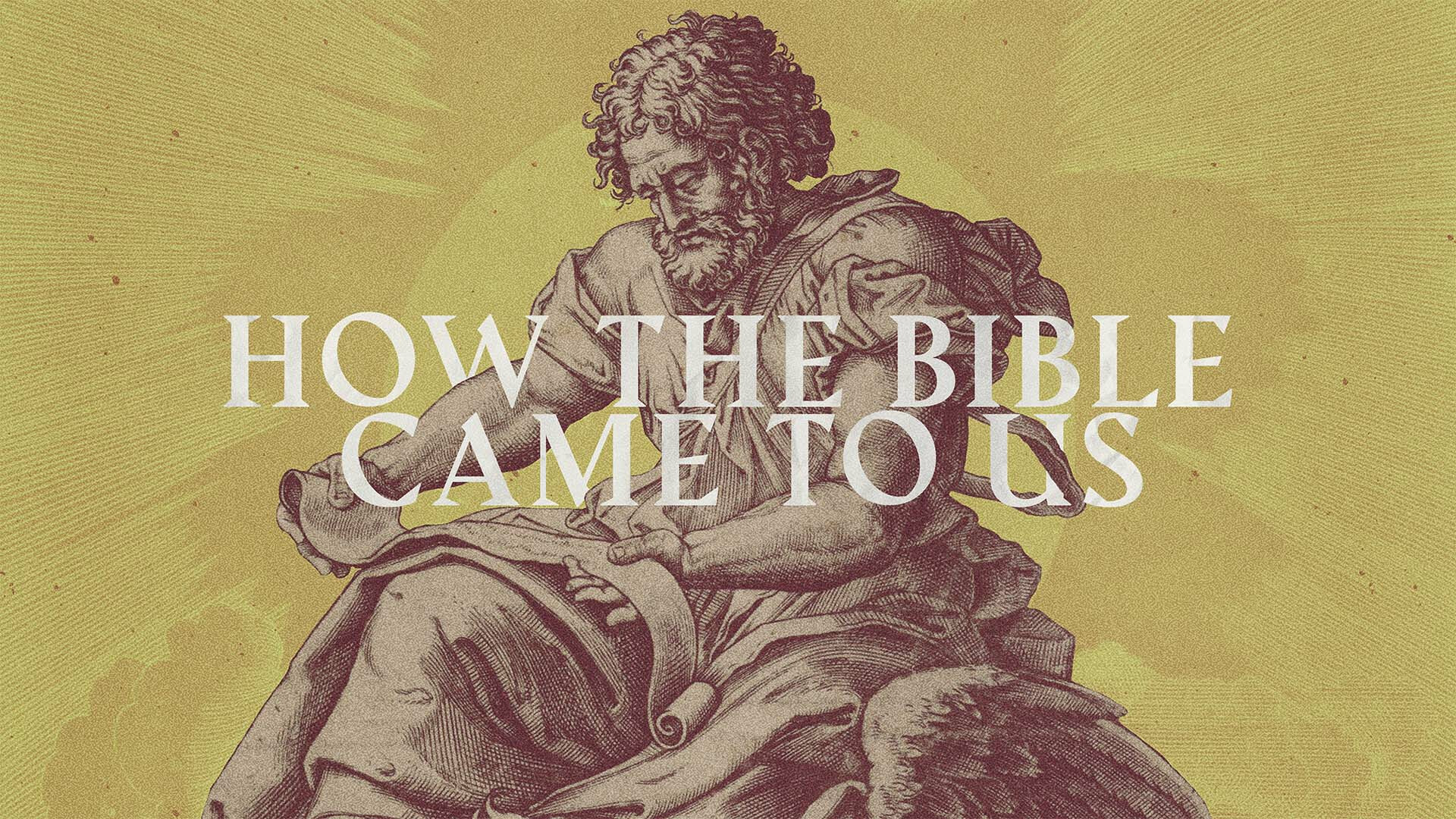Old Testament
Series: How the Bible Came to Us

Summary
Speaker: Josh Stelly
July 21, 2024

Josh Stelly
Lead Pastor
Sermon Notes
You can add your own personal sermon notes along the way. When you're finished, you'll be able to email or download your notes.
